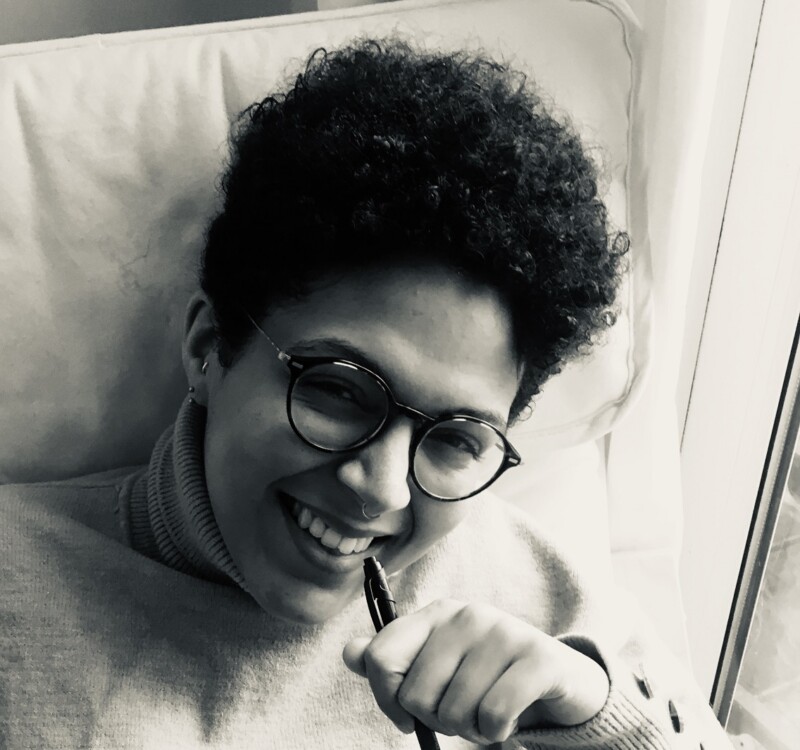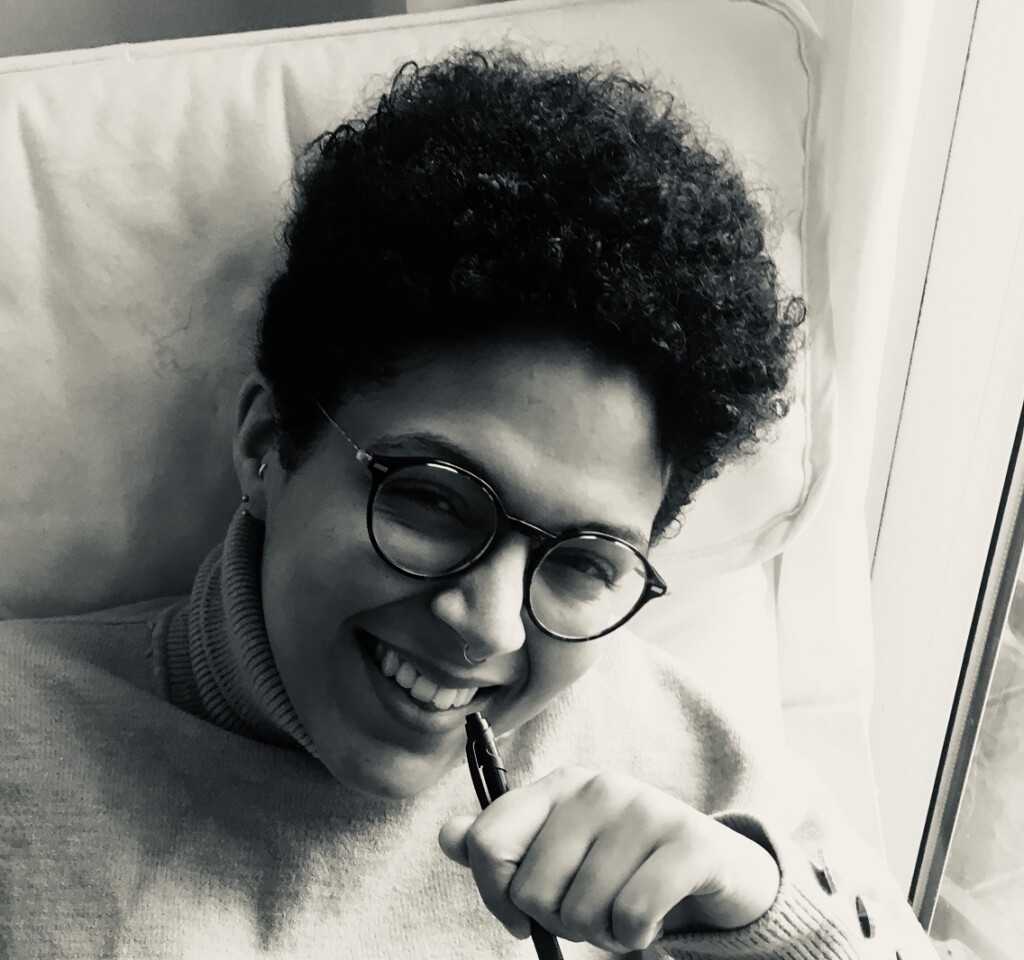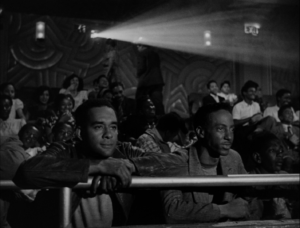James Baldwin Showed Me How to Write

Share this
I write historical fiction. I am particularly taken by the eighteenth century and write Black characters inspired by the people I find in the archives: ex-sailors, political agitators, runaway slaves and children sent from colonies to the imperial heartland. The transatlantic slave trade, which reached its peak in the eighteenth century, is the system which shaped their lives and warped reality, as race does today.
It is fair to say that my writing has been inspired by two books: Incomparable World, by S I Martin, and Another Country, by James Baldwin. The former because it was the first eighteenth century tale I had read full of Black people, and the latter because of the honesty with which it spoke about life. Martin set the course for my imagination, and Baldwin showed me how to write it.
I read Another Country for the first time when I was 23. I had finished my Master’s degree in Black British Literature the previous year and was on holiday with my partner in Barcelona. Ridden by new graduate fears, I was desperately trying to get a job and one job deadline was unfortunately in the middle of our trip. I would wake up late and sit at my laptop while my partner explored the city. When I did finish writing that damned application (I did not get the job), I read Another Country.
Another Country is the story of a group of artist friends in New York, reeling after the death of one of their friends. It is a story of love, loss and transformation. At the time of reading, I was two years into a relationship with my partner – a white English boy who I had been friends with at university – and I was living at home in Kent, chafing against the lack of friends, the unbearable whiteness of my surroundings and the dearth of culture in comparison to the time spent on my Masters. And I was plagued by a crisis of identity as a Black mixed-heritage girl: Black but not Black enough, not Nigerian enough, not London enough (a topic for another discussion). The questions swirling in my head, when I look at them now, were so concerned with acceptance, belonging, erasure and safety. To then read Another Country was an awakening.
Of Another Country, Baldwin wrote that the principal concern of the novel was the journey of Vivaldo and Ida, ‘toward some kind of coherence’. Vivaldo is a writer; he is white, in his late twenties and friends with Ida’s brother Rufus. Ida is a singer; she is young, Black, in her early twenties and enters Rufus’ circle of friends after his death. They start dating and soon brush up against the other’s habits of existing: Ida’s mercurial steel when in company with white people, and Vivaldo’s laissez-faire attitude when it comes to race. In the feverish period of unsettlement one has after reading something of genius, I wrote:
For Vivaldo, Ida is on the verge of liminality; the accusations she throws at him he cannot understand. (‘None of you, anyway, knew anything about him. You didn’t know how.’ ‘You spent every day with him whereas I was halfway across town and I knew he was dying.’) And [Vivaldo] doesn’t try to understand in a fake way where he attempts to speak for her way of knowing.
At 23, I identified wholly with Ida: angry at the white world and the way she had to move through it. How could Vivaldo possibly understand the living with of a rage that was fed daily by iniquity? Baldwin had articulated for me the frustrations I was feeling – and fearing. How can I love this person when there is so much between us they cannot understand? Then I reread Another Country. This time, I was in my late twenties – Vivaldo’s age. My anger no longer threatened to choke me – as it had Baldwin as a young man, as it had Ida and her brother Rufus. I understood Vivaldo more – that determination to love someone, to cling to them, despite the sparks of their rage. Despite their differences, Another Country was the articulation of two people – one Black, one white – trying to love each other, given the world they live in, which throws them in frank opposition. What is it to love someone over the violent fabric of race? And with this understanding, I poured it into my writing.
Baldwin has shown me how to write truthfully, to not shy away from the qualities that make us unlikeable – especially when we are Black and those qualities will be held as synonymous for others like us – to expose the stickiness of loving, of the fragilities we risk, and to refuse the monoliths of Blackness, of Slavery, that create a rigid track for how we are supposed to be, how we might live in the imagination of others. Baldwin heavily criticised his mentor Richard Wright for falling into that very track – for writing the character Bigger in Native Son as more symbol than person – and it is this track that I seek to avoid, as a writer, reader and creative producer. For all these calls for inclusive publishing, for inclusive storytelling, I have that warning at the back of my mind: Do not be Bigger – for that way lies death.
Baldwin writes in the preface to Notes Of A Native Son, ‘I want to be an honest man and a good writer.’ It is to that shard of honesty that I cling.

Heather Marks is Creative Producer at Words of Colour and Head of Engagement, Brand and Sales at indie press No Bindings. She is also a writer and editor, and won the 2018 Golden Egg Award for her historical fiction work-in-progress, The Disobedients.
Heather Marks is introducing the showing of Native Son – based on the Richard Wright novel (and with the writer in the lead role) at Watershed on 19 October 2023.
